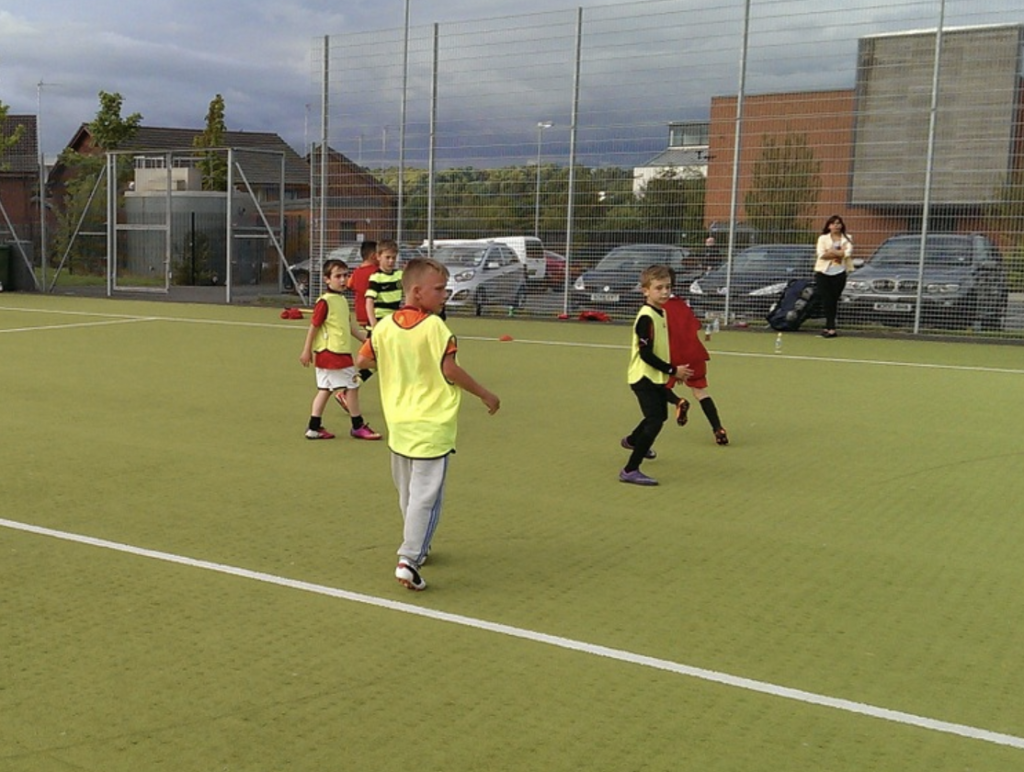Believe it or not, your daily exercise habits are influenced by a lot more than what we tend to believe. For example, every day our exercise habits can be related to our current physical, mental, and physiological states, and now research has suggested that there could be another factor at hand.
That factor? Our memories.
That’s right, new research suggests our experiences and memories from Physical Education (PE) classes in our youth may play a role in our exercise habits in adulthood (active & sedentary lifestyles). If you really think about it, it all kind of makes sense. Let’s call it what it is, but being a kid can be traumatic at times, especially in an active setting like PE class where one may not feel comfortable. So how did researchers assess this and come to their suggestions?
To assess the question of physical education classes relating to physical activity and lifestyles, researchers had participants complete an online survey through the service Amazon™ Mechanical Turk. Their final sample included a total of 1,028 participants (392 Male, 636 Female), and this was after duplicate submissions were removed, along with entries that failed purposeful attention checking questions.
In the survey, researchers asked multiple open-ended questions about previous PE experiences and current physical education habits. The results were somewhat astonishing when you consider that we usually associate the two as separate entities from each other.

Researchers found that those who had the “Best PE” memories trended towards having a better overall attitude, affective attitude, cognitive attitude, intentions, and had less sedentary time spent on the weekend. Although, there was no relationship between sedentary time (time sitting) during the weekdays. Positive memories included things like time spent with friends, enjoyment of activities, and moving around after sitting all day.
In respects to negative experiences, nearly 30% of participants didn’t report an occasion, which is worth noting. Yet, for those who did report negative experiences these occurrences included things like embarrassment, getting picked last for sports, feeling uneasy in the locker room setting and incompetent during activities, and being bullied. Those who felt embarrassed tended to have slightly less positive overall attitudes and spent more time sitting on the weekends.
Takeaway Points
In theory, the findings presented in this questionnaire make sense when you rationally think about one’s mindset towards exercise as they age. Yet, there are some interesting points worth considering that somewhat branch outside of the research.
For example, PE is continually getting decreased across the nation in schools, and this brings up the question about lasting implications this could have on exercise habits as one ages. If positive experiences are somewhat related to active lifestyles, then could we already be getting a glimpse of some of these issues (ex: obesity rising over the last four decades).
Additionally, the negative experiences that are related to bullying bring up another good talking point that’s being had more in the recent past. We understand how bullying can have a huge impact on a kid’s growth into middle school and high school, and now we’re seeing how bullying in a gym setting could (per the research) create issues with active lifestyles into adulthood.